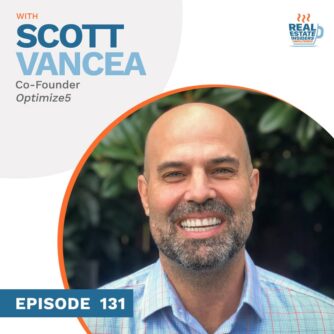The world of technology and artificial intelligence is a perpetually evolving landscape. In a recent roundtable discussion that included Rich Swier, James Dwiggins, and Keith Robinson. Together, they delved deep into the future implications of AI in our lives. The conversation often spiraled towards the concept of singularity – a hypothetical point in the future when technological growth becomes uncontrollable and irreversible, resulting in unforeseeable changes to human civilization.
Rich noted that we are less than two decades away from having a computer more powerful than all human brains combined. This impending reality, often referred to as a singularity, presents an alarming paradox. While technology and AI enhance our lives in many ways, this future milestone may see us lose our understanding of these very systems, which could operate beyond our intellectual capacity.
Rich’s comment sparked a debate about how AI might soon surpass human understanding. James echoed Swier’s sentiments, pondering on how AI-based systems might formulate novel ideas or processes that humans could not envision. He discussed the impending chasm, where humans leverage AI to improve efficiency, but in turn, accelerate the progress towards more autonomous, self-learning systems.
The discussion further expanded into the potential domains that could be impacted by AI. From real estate to banking and finance, the panelists concurred that AI’s learning capabilities could permeate across various sectors. The dialogue took a slightly facetious turn when Keith quipped about the urgency to get rich and retire before AI dominates everything.
During the conversation, the participants acknowledged a circulating letter signed by various experts. The letter underscored the apprehensions surrounding the uncontrollable growth of AI. It hinted at a half-joking, half-serious proposal to unhook the systems before they outpace human understanding completely.
The latter part of the discussion centered around the implication of these advancements on online lead generation. The panelists stressed the importance of a keen focus, quick follow-ups, and a deep understanding of the process. They subtly nudged the audience to remain at the center of the transaction, as Rich speculated that humans still have roughly two decades before AI becomes central to all operations.
The roundtable ended on a lighter note, with Rich joking about his role in discussing “the end of days” and plans for a future meeting over cocktails. While there was an undercurrent of humor, the conversation underscored the pressing reality of the AI evolution.
As technology continues to shape our lives in unprecedented ways, these conversations serve as a necessary reminder for everyone to stay abreast of the changes. They compel us to adapt, learn, and most importantly, to grapple with the ethical and societal questions that these advancements inevitably bring to the forefront.








